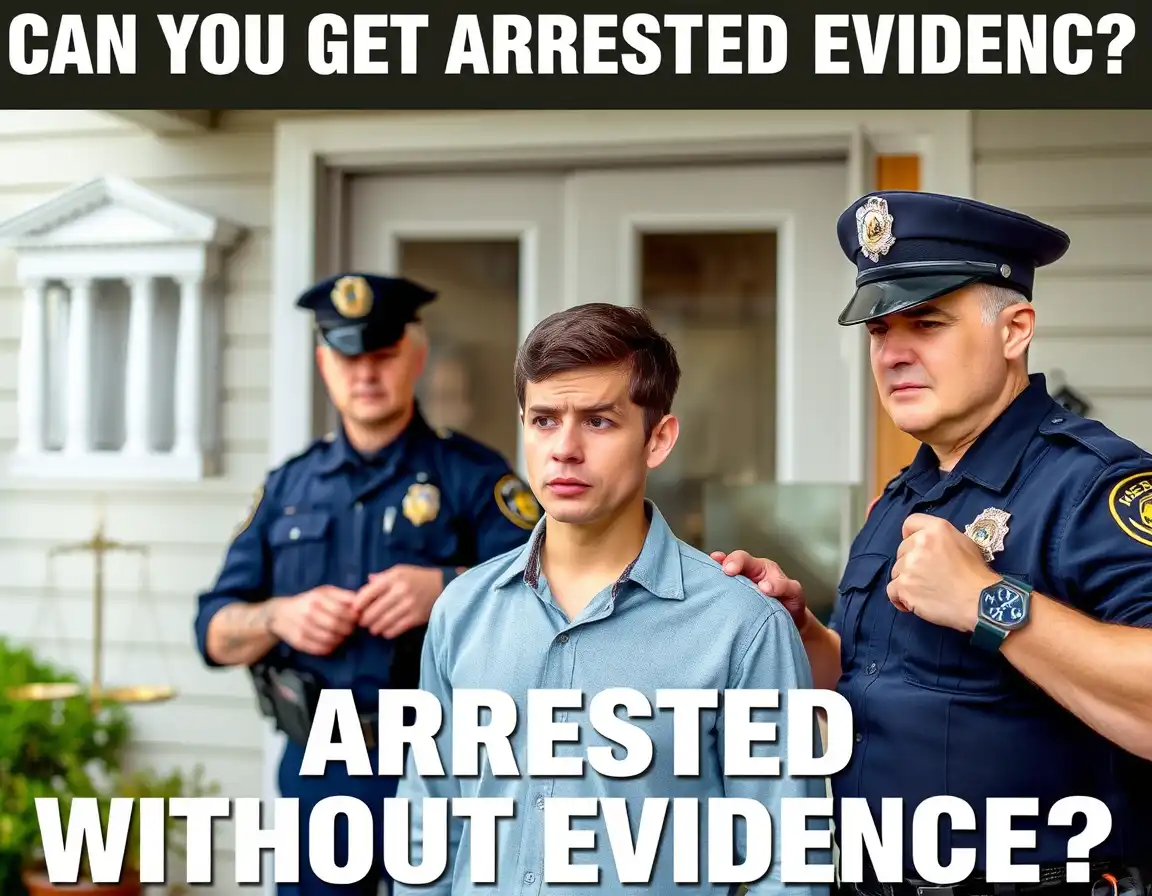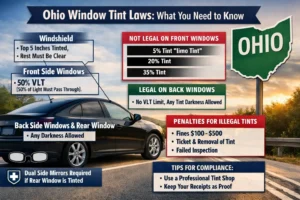When allegations of a criminal charge or arrest are afoot, questions like “Can you get arrested without any evidence?” or “Can someone press charges without proof?” arise. Ideally, everybody is supposed to be proven innocent in a jury until a jury decides that evidence from prosecution does prove guilt. Many find themselves in a legal jungle where no proof ever appears against them. So what do we consider evidence for arresting or charging purposes?
In this blog, we are going to break down the way the system treats evidence, arrest, and charges, and what to do when you are caught in an accusation where proof is not very clear.
Can Someone Press Charges Without Proof?
While someone can press charges, he may not have sufficient evidence. In America, an actual prosecution of a criminal charge is made by the state or government, not an individual. However, once an individual prevails upon the law enforcement officers to report the crime, the officers investigate it according to their prerogative. For instance, if the officers discover probable cause, they present the case to the prosecution.
Even when a complaint has been made which may prompt an investigation, it does not automatically lead to charges being filed. The prosecutor is the individual who would review the evidence to determine if a case could even be brought against someone in a formal and lawful manner. A police report by an individual would not carry very much weight without proof unless the law enforcement agency or District Attorney feels that there is adequate basis for enforcement to proceed.
What is Considered Proof in a Criminal Case?
In the context of criminal law, the word proof stands for evidentiary data that could reasonably lead a judge or jury to find the defendant guilty beyond a reasonable doubt. The general ocean of evidence is usually classified into two: direct, that is eyewitness or video recordings; or circumstantial, that is fingerprint marks or behavioral patterns. A conviction could result with either if the evidentiary value is strong enough.
Proof does not necessarily mean someone was “caught red-handed.” Evidence could be constituted by a security camera image, forensic evidence, digital communications, or confession. Stronger evidence is more persuasive when considering charging or convicting a crime, assuming that the pieces are credible. Weak or unverifiable accusations, however, are probably never going to be enough.
How Much Evidence Is Needed to Charge Someone?
To determine how much evidence is needed to charge someone, there is a legal standard phrase that exists-“probable cause.” Probable cause-the existence of a state of mind whereby some person is believed to have committed a crime even if it doesn’t reach the stage of being proved beyond reasonable doubt.
The prosecutor does not require the presentation of all evidence before charges can be filed. What he needs is evidence that a crime was probably committed and that the person in question most probably committed the act. What will eventually result is the withdrawal of the case if the evidence does not stand up in court. At the charging stage, the bar is relatively low.
Can You Be Arrested Without Being Charged?
Yes, the person can be arrested but may not be booked by the police until later time or without being booked at all before being presented. In most cases, the police arrest people based on mere probable cause and then retain them while an investigation is continued or evidence gathered. However, authorities must either formally charge you or release you within a specific time frame – usually 48 to 72 hours depending on state laws.
If charges are not issued, the arrested individual will have to be set free. However, during that period, the arrested person can still be booked, interrogated, and even temporarily placed in detention. Thus, the arrest procedure will leave an impact even if no case is ever formally laid.
Can Police Arrest You Without Evidence?
Technically, the police can arrest a suspect without solid evidence as long as the police have probable cause. Probable cause, however, does not mean irrefutable proof-it is merely a belief, based on a reasonable suspicion, that a crime was committed and that the suspect was involved. However, this does not mean “with no evidence” at all. Going by some key bullet points to make this clear:
- Probable cause is a belief based on the reason for suspicion or facts (e.g., an eyewitness account; an observed behavior may give rise for suspicion)
- Police do not need to have ironclad proof or a confession at the moment of the arrest
- Officers should not arrest someone on nothing but a hunch or bias in this case; rather, there must be proper justification for and documentation of their arrest
- Judicial recourse cases allow for challenge in court should the arrest lack reasonable grounds
With that said, the illegal arrest can be determined unlawful in the future through the additional grounds. In case the arresting law officer does not have viable credence or is beyond the law, any evidence found by the legal body at the time of arrest might be withheld and the charges could be dismissed.
So while there doesn’t have to be definite evidence on the table at the time of the arrest, there nevertheless has to be some room for its existence.
Can You Be Charged with Vandalism Without Proof?
Whatever proof may be required in the case of vandalism? Not quite. Like for any other crime, prosecutors will require some proof to base their charge. This may range from actual eyewitness testimony through reports of destruction to video footage of the crime.
Prosecution may even be brought in an instance where there is circumstantial evidence alone such as paint on your hands or the fact that you were in the vicinity. If the evidence is flimsy or might hint at a case of mistaken identity, make sure to challenge that in a court of law with a criminal defense law.
Probable Cause vs. Solid Proof
Probable cause vs. solid proof is an area in which laypeople become confused. Probable cause is the level of justification a police officer must have before undertaking an arrest or search. Solid proof is the level of evidence required to find someone guilty in a court of law. The basic understanding of these standards:
Probable Cause
Lower reasonable belief standard used early in the legal process: for arrest or warrant. Based on reasonable suspicion, not certainty.
Proof for a Doubt
The instances have to be proven beyond a reasonable doubt. In other words, the evidence must be strong enough to remove any reasonable doubt that jurors must have.
The reason why these two standards are purposely designed by the legal system is to enable law enforcement to act with speed and vigor when the need arises, whereas on the other part, the accused are protected from wrongful accusations through very tedious court processes.
What to Do If You’re Arrested Without Evidence
In any case, upon being arrested without adequate evidence, try to remain calm and exert your rights. Refrain from making any statements until an attorney is present, and do not try and reason through it: that may get you into a whole heap of trouble if you accidentally slip and say something that can be twisted into an incriminating statement. Here are the steps to follow:
- Request for a lawyer without delay.
- Do not make statements at all until advised by counsel.
- Write down everything about your arrest and treatment.
- Call your family or legal aid for support.
- Follow up with a lawyer about the legality of your arrest.
In most cases, such an arrest might be deemed unlawful, allowing you to claim compensation in cases or even have the case dismissed.
Final Thoughts
It is possible to get arrested or charged on scanty evidence. However, conviction demands proof. Understanding the workings of evidence, probable cause, and legal standards would protect an individual and keep him safe from being wrongfully prosecuted. If there are accusations proven without evidence, an individual should, therefore, pursue legal advice right away to counter the charges and to defend one’s reputation.





